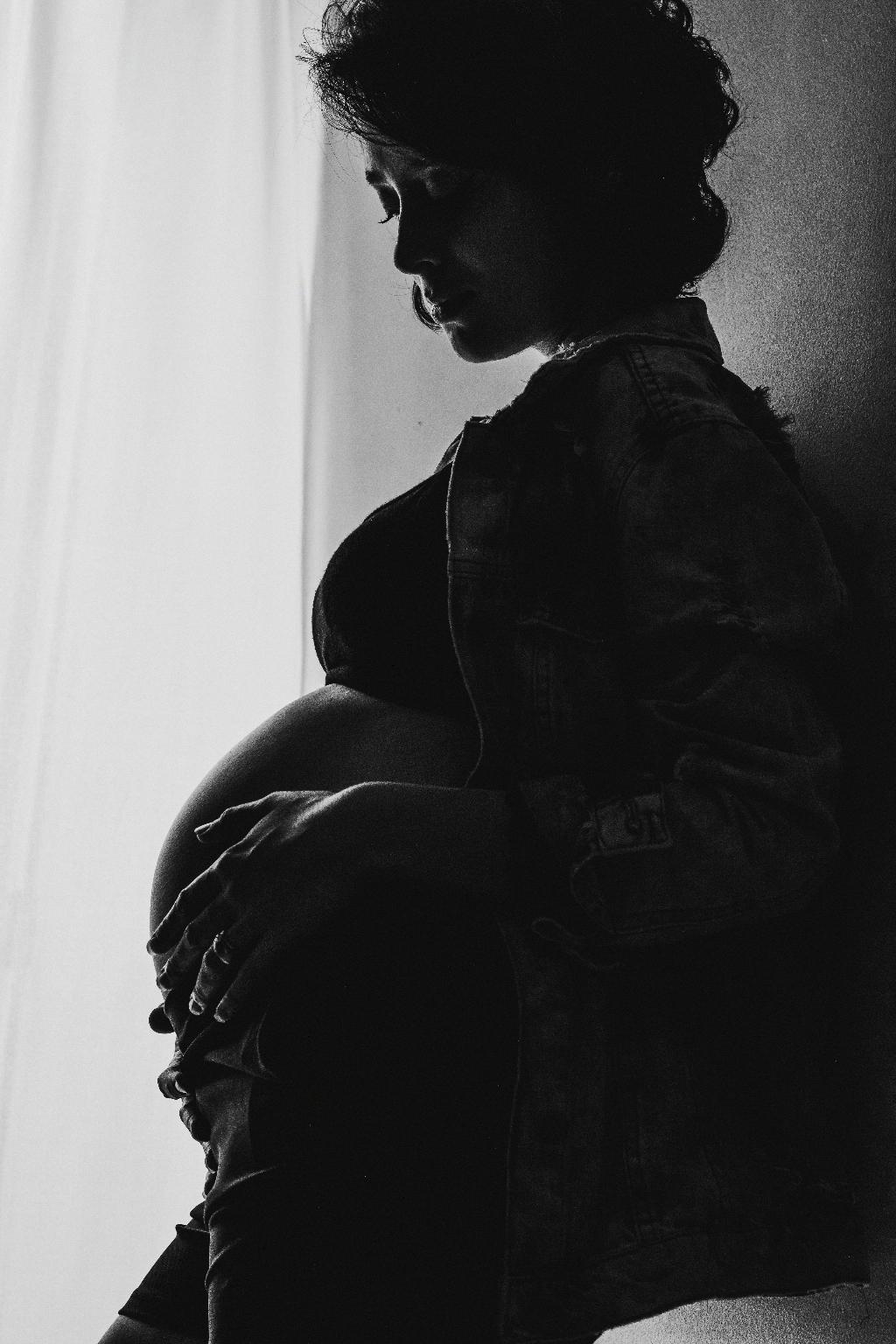When it comes to pregnancy-induced hypertension (PIH), it is essential to understand the potential risks and complications associated with this condition. Women diagnosed with PIH face significant challenges during pregnancy that can impact both their health and the well-being of their unborn child.
One crucial aspect to consider when evaluating the risk level of PIH is the increased likelihood of developing complications such as abruptio placentae. This condition, characterized by the premature separation of the placenta from the uterus, can lead to severe bleeding and jeopardize the health of both the mother and the baby.
In addition to abruptio placentae, women with PIH are also at a higher risk of experiencing cerebrovascular events, which can have serious implications for their overall health. Such events may include strokes or other conditions affecting the blood vessels in the brain, posing a significant threat to the well-being of the mother.
Furthermore, the presence of PIH can increase the likelihood of organ failure in pregnant women, further emphasizing the high-risk nature of this condition. Organ failure, such as kidney dysfunction or liver complications, can have far-reaching consequences and necessitate immediate medical intervention to safeguard the health of both the mother and the baby.
Another critical consideration is the potential for disseminated intravascular coagulation (DIC) to occur in women with PIH. DIC is a serious disorder that affects the body’s ability to control blood clotting, leading to excessive bleeding and potential complications that can endanger the lives of both the mother and the fetus.
It is important to recognize that the risks associated with PIH extend beyond the mother and can also impact the health of the unborn child. Fetuses of women with PIH are at an increased risk of intrauterine growth retardation, which may result in low birth weight and developmental challenges for the baby.
Prematurity is another significant risk factor for infants born to mothers with PIH. Early delivery due to complications arising from PIH can expose the baby to a host of health issues and increase the likelihood of requiring specialized care in a neonatal intensive care unit.
Intrauterine death is also a potential consequence of PIH, emphasizing the gravity of this condition and the profound impact it can have on pregnancy outcomes. The loss of a baby due to complications related to PIH is a devastating possibility that underscores the high-risk nature of this condition.
In conclusion, the evidence overwhelmingly supports the classification of PIH as a high-risk pregnancy. The myriad complications and risks associated with this condition underscore the need for vigilant monitoring, early intervention, and comprehensive care to mitigate the potential challenges and ensure the best possible outcomes for both the mother and the baby.

